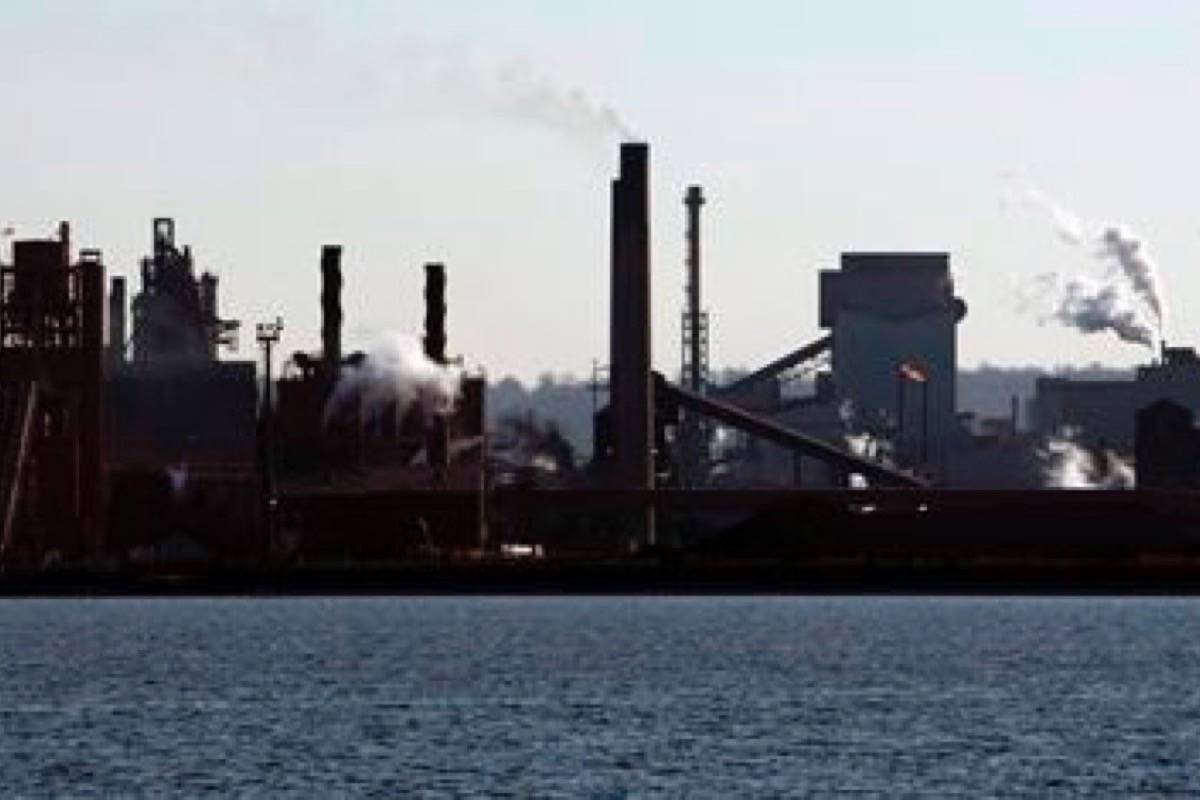The United States has fired a warning shot in what could become a global trade war.
It’s threatening to clobber worldwide steel and aluminum imports with tariffs.
The U.S. administration has delivered a series of recommendations to President Donald Trump, and he must decide on a course of action by April.
What he decides to do holds major consequences for Canada — the biggest supplier of both steel and aluminum south of the border.
READ MORE: Trump team drops hints NAFTA end not imminent
One option would see the U.S. impose a 24 per cent tariff on steel imports from everywhere — including Canada. Another option would see a 53 per cent tariff on a smaller list of countries that does not include the northern neighbour.
That latter list includes Brazil, China, Costa Rica, Egypt, India, Malaysia, Republic of Korea, Russia, South Africa, Thailand, Turkey and Vietnam.
A third option would see the president simply ignore the recommendation, or follow an entirely different course of action.
U.S. Commerce Secretary Wilbur Ross announced the recommendations Friday.
“If (Trump) goes the targeted route, Canada would be excluded,” Ross told a conference call. “The blanket tariff alternative and the blanket quota alternative would target all countries.”
The ultimate decision rests with the president, the commerce secretary cautioned: “(Trump) will decide what he’s going to do… He is not bound by these recommendations… He could do something totally different — or do nothing.”
The recommendations released Friday also include aluminum. The president is being asked to consider a 7.7 per cent tariff on all aluminum exports from all countries, or a 23.6 per cent tariff on just a few countries: China, Hong Kong, Russia, Venezuela and Vietnam.
The proposals also call for the use of quotas.
The options suggested include limiting all countries to steel exports equal to 63 per cent of their 2017 exports into the U.S., or a more severe quota for a smaller list of countries if Trump goes the more targeted route.
Ross said he anticipates countries might fight back: “It wouldn’t surprise us if there were (retaliation).”
The Canadian Press



